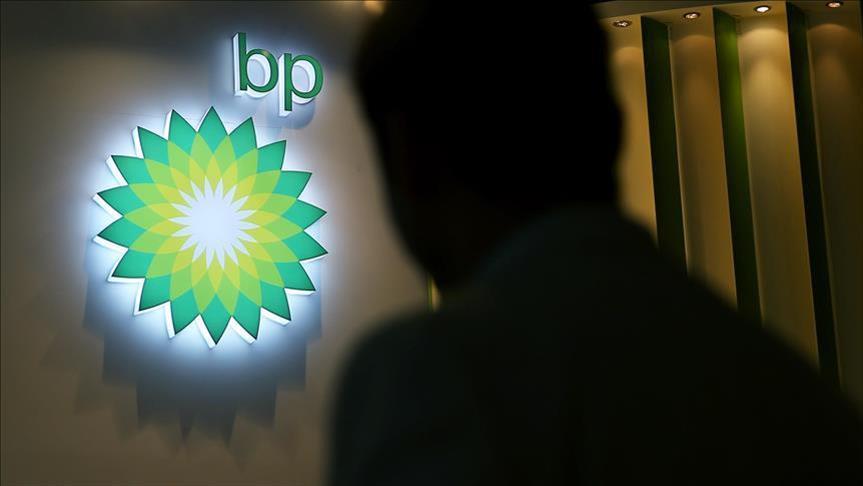British energy giant bp signed a ten-year offtake agreement on Monday with UK-based Clean Planet Energy to develop facilities to convert hard-to-recycle waste plastics into circular petrochemical feedstocks and also into ultra-low sulfur diesel (ULSD).
In a statement, bp said it would initially receive the output of Clean Planet Energy’s first facility, currently under construction in Teesside in the northeast of England.
The Teesside facility is designed to have the capacity to process 20,000 tonnes a year of waste plastics into naphtha and ULSD.
The naphtha can be utilized as feedstock into circular plastics value chains, which, bp said, is aligned with its aim of unlocking new sources of value through circularity, keeping products and materials in use for longer.
Designing and building facilities — which they refer to as ecoPlants — that are expected to process plastics typically rejected by traditional recycling centers and so would otherwise be sent to landfill or incineration. Clean Planet Energy is currently in the process of developing 12 of its ecoPlants globally.
From these facilities alone, the company aims to divert 250,000 tonnes of hard-to-recycle waste plastic annually from landfills and the environment, creating more than 700 green jobs in local communities.
Clean Planet Energy plans to announce further ecoPlants in the UK, EU, Southeast Asia and the Americas later this year.
bp is already leading a series of major hydrogen and carbon capture and storage projects being developed in and around Teesside that will support the decarbonization of the region’s industries.
“This long-term agreement with Clean Planet Energy for the offtake of naphtha will help bp unlock new sources of value through circularity while helping divert plastic waste away from landfill, incineration and the environment,” Sven Boss-Walker, SVP Refining and Products Trading at bp, was quoted as saying in the statement.
By Sibel Morrow
Anadolu Agency
energy@aa.com.tr


